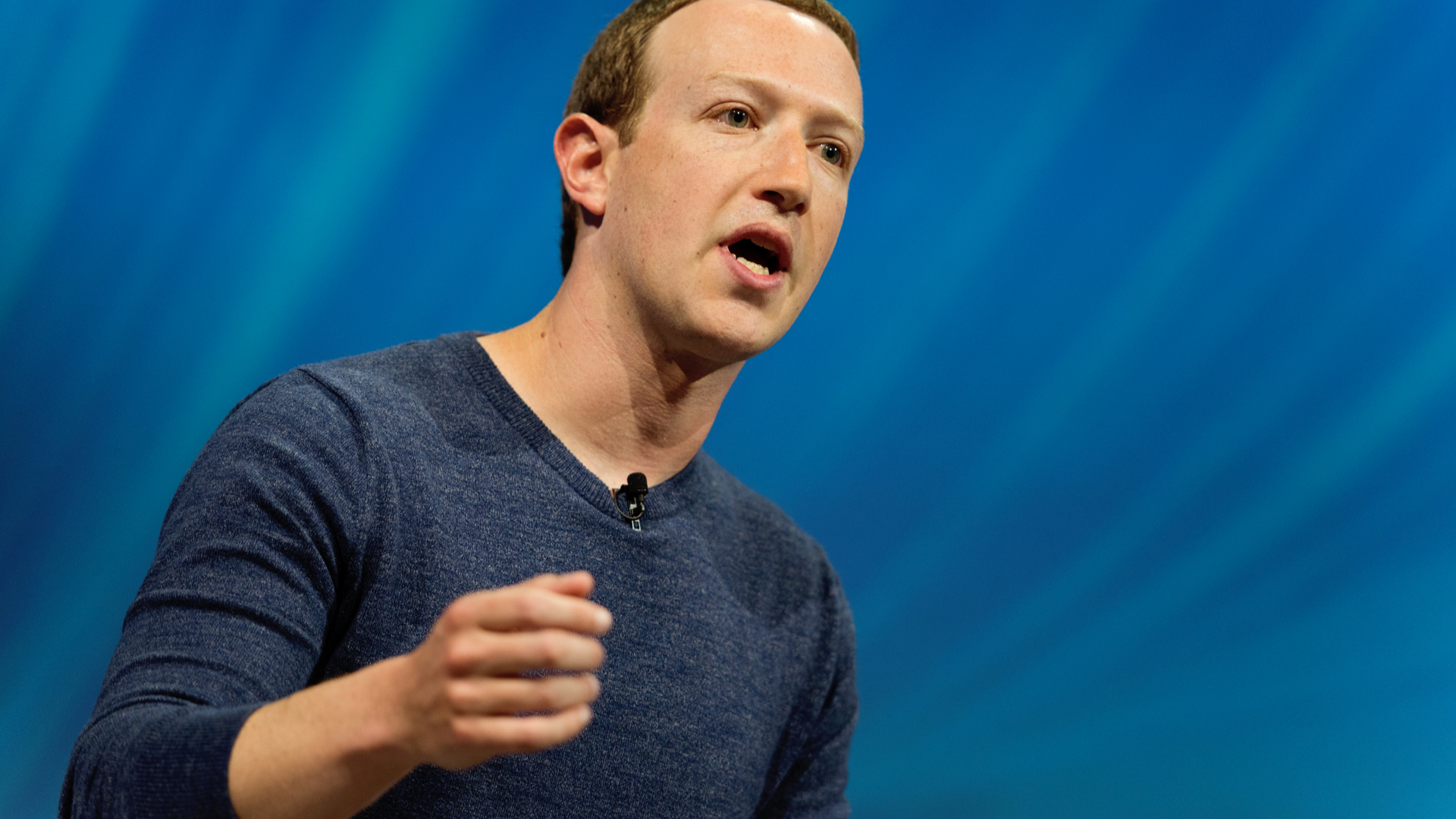Zuckerberg reiterates Facebook data sharing ambition despite privacy concerns
CEO also wants to create isolated versions of Facebook and Instagram


Facebook CEO Mark Zuckerberg has delivered a rare public statement detailing the privacy-focussed direction he envisions for the social network, at a time when his company faces mounting pressure over its data handling practices and approaches to user privacy.
In a 3,200-word blog post published on Wednesday, Zuckerberg said he likened the existing platforms to town squares, where people could freely communicate and connect with others en masse. However, he added that Facebook and Instagram will pursue a more privacy-focussed route going forward, which he likened to a "digital living room".
"As I think about the future of the internet, I believe a privacy-focused communications platform will become even more important than today's open platforms, said Zuckerberg in the blog post. "Privacy gives people the freedom to be themselves and connect more naturally, which is why we build social networks."
Despite the focus on privacy, he still predicts that the public platforms, the town squares, will thrive and continue to grow in the future, according to an interview with WIRED.
"I mean, Facebook and Instagram and the digital equivalent of the town square will always be important," he said. "I actually think that they will continue to grow in importance. At the same time though, the things that we see growing the fastest, in terms of what people want to do, are private messaging, stories that are ephemeral and don't stick around."
Several principles were detailed in the blog post on which the proposed privacy platform would be built, one of which was 'interoperability', the idea that users should be able to communicate across all of Facebook's networks, including its main social media site, its messaging app WhatsApp, and Instagram.
"It basically means that Facebook is entering a transition phase where it will continue to sell targeted ads on its public social networks, while inventing a new business model," said Thomas Husson, VP and principal analyst at Forrester. "Such a to-be-determined business model is likely going to rely on Facebook's ability to enable relations and transactions between consumers and brands."
Get the ITPro daily newsletter
Sign up today and you will receive a free copy of our Future Focus 2025 report - the leading guidance on AI, cybersecurity and other IT challenges as per 700+ senior executives
Last month Facebook revealed it was in the very early stages of merging the backends of all three of its social apps, raising concerns about unwanted data sharing and prompting calls for urgent briefings by the Irish Data Protection Commission (DPC). However, it appears Zuckerberg plans to move ahead with the idea.
"The Irish DPC will be very closely scrutinising Facebook's plans as they develop, particularly insofar as they involve the sharing and merging of personal data between different Facebook companies," the authority said in a statement at the time of the announcement.
"Previous proposals to share data between Facebook companies have given rise to significant data protection concerns and the Irish DPC will be seeking early assurances that all such concerns will be fully taken into account by Facebook in further developing this proposal.
"It must be emphasised that ultimately the proposed integration can only occur in the EU if it is capable of meeting all of the requirements of the GDPR."
French authorities have also been investigating WhatsApp in recent years. Back in February 2017, the French data watchdog CNIL slammed the company, claiming that sharing WhatsApp data with Facebook was a violation of the data protection act.
The reason behind the data-centric concern is that the authority sees the sharing of data for the purposes of building a better business product as an offence. However, CNIL makes an exception with data sharing for the purposes of bettering security measures.
If authorities are happy with sharing for security, then it could mean that they would be happy for data sharing to commence in order to facilitate a secure, private communication network as envisioned by Zuckerberg.
IT Pro has approached the Information Commissioner's Office for clarification on the matter.
"In a few years, I expect future versions of Messenger and WhatsApp to become the main ways people communicate on the Facebook network," said Zuckerberg about the interoperability of the possible future platform. "We're focused on making both of these apps faster, simpler, more private and more secure, including with end-to-end encryption."
He added that his plans for the platforms are unlikely to take shape until 2020.

Connor Jones has been at the forefront of global cyber security news coverage for the past few years, breaking developments on major stories such as LockBit’s ransomware attack on Royal Mail International, and many others. He has also made sporadic appearances on the ITPro Podcast discussing topics from home desk setups all the way to hacking systems using prosthetic limbs. He has a master’s degree in Magazine Journalism from the University of Sheffield, and has previously written for the likes of Red Bull Esports and UNILAD tech during his career that started in 2015.
-
 Bigger salaries, more burnout: Is the CISO role in crisis?
Bigger salaries, more burnout: Is the CISO role in crisis?In-depth CISOs are more stressed than ever before – but why is this and what can be done?
By Kate O'Flaherty Published
-
 Cheap cyber crime kits can be bought on the dark web for less than $25
Cheap cyber crime kits can be bought on the dark web for less than $25News Research from NordVPN shows phishing kits are now widely available on the dark web and via messaging apps like Telegram, and are often selling for less than $25.
By Emma Woollacott Published